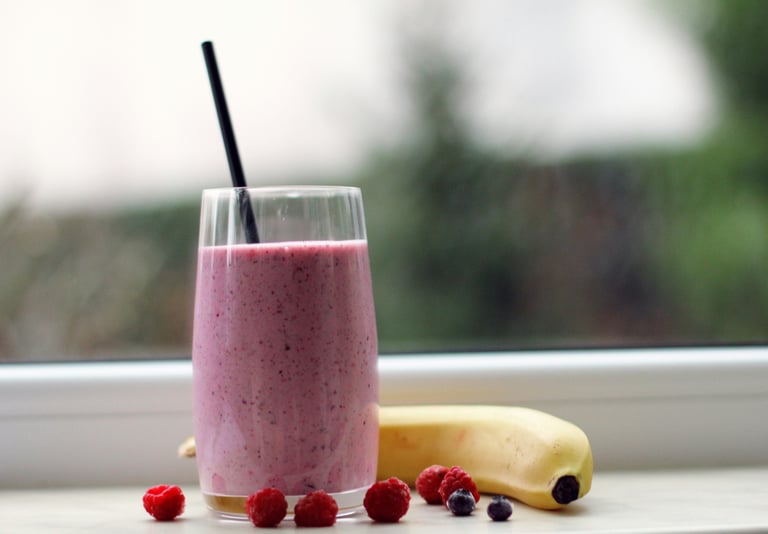If your child has Inflammatory Bowel Disease (IBD), nutrition can be one of the biggest challenges, especially when weight gain is needed. Between flares, food aversions, and nutrient malabsorption, helping your child gain and maintain weight can feel like an uphill battle. The good news? There are gentle, effective ways to boost the calorie density of meals without needing to increase portion sizes — something many children with IBD may struggle with - or resorting to industrially-produced meal replacement shakes which are often full of inflammatory ingredients.
Here are some simple, practical strategies to add more energy to your child’s meals while keeping them gut-friendly and nutrient-rich.
1. Add Healthy Fats
Fats are the most calorie-dense macronutrient, and they’re a powerful tool in helping your child gain weight.
Easy Additions:
Drizzle olive oil or avocado oil over pasta, rice, mashed potatoes, or steamed vegetables.
Add a spoonful of smooth nut or seed butter (like almond, cashew, or sunflower) to smoothies, porridge, or on toast.
Use full-fat dairy options like yogurt, cheese, and milk — if tolerated.
Introduce fats gradually to assess tolerance. Keep track of any changes in symptoms.
2. Enrich Meals with Nutritious Powders & Mix-ins
Boosting calories doesn’t have to mean big changes. Sometimes, a sprinkle or spoonful is all it takes.
Options to Try:
Ground flaxseed or chia seeds stirred into porridge, yogurt, or smoothies.
A scoop of protein powder (choose one suitable for children without any artificial additives) blended into drinks or baked goods.
Unsweetened cocoa powder, oats, or dried milk powder added to cereals, pancakes, or sauces.
3. Layer in Energy-Dense Snacks
Think beyond the main meals. Well-timed, nourishing snacks can bridge the calorie gap gently and consistently.
Snack Ideas:
Smoothies made with full-fat milk, banana, smooth nut butter, and a dash of honey honey.
Energy balls made from dates, oats, and seeds. Whizz together in a blender until completely smooth then form into balls.
Crackers with cream cheese or hummus, or soft-boiled eggs with toast soldiers.
4. Make the Most of Carbohydrates
Starchy foods can be a soothing and effective base to carry extra calories. Try to pair with nutrient-dense sauces and toppings.
Boost These Staples:
Add grated cheese and olive oil to pasta.
Stir coconut milk or nut butter into porridge.
Top rice or mashed potatoes with soft-cooked egg, avocado, or shredded chicken with mayo.
5. Use Smoothies as a Secret Weapon
Many kids find smoothies easier to enjoy than large meals — and they’re a perfect vehicle for calorie-dense ingredients. Nutrient-dense greens like spinach and kale can be added without changing the taste too much.
Smoothie Boosters:
Full-fat Greek yogurt
Frozen banana or mango
Nut butters or seed butters
Avocado
Ground flaxseed or oats
A dash of maple syrup or honey for sweetness
Make it fun by letting your child choose the flavors or give the smoothies creative names!
6. Enrich Everyday Recipes
When cooking your child’s favorite dishes, look for ways to boost calories without altering the taste too much.
Examples:
Add extra egg or cheese to scrambled eggs or omelets.
Mix olive oil or coconut oil into soups before serving.
Bake with almond flour or add ground seeds to muffins and pancakes.
A Gentle Note on Weight Gain
Remember, every child is unique, and weight gain may happen slowly — especially in children with IBD. Focus on consistency, nourishment, and creating a positive relationship with food. If your child is struggling to eat or their symptoms worsen, always contact their healthcare team.
Need Support?
If you're looking for more personalised strategies or meal ideas tailored to your child’s specific needs and food tolerances, I can help. Get in touch for a free discovery call.




